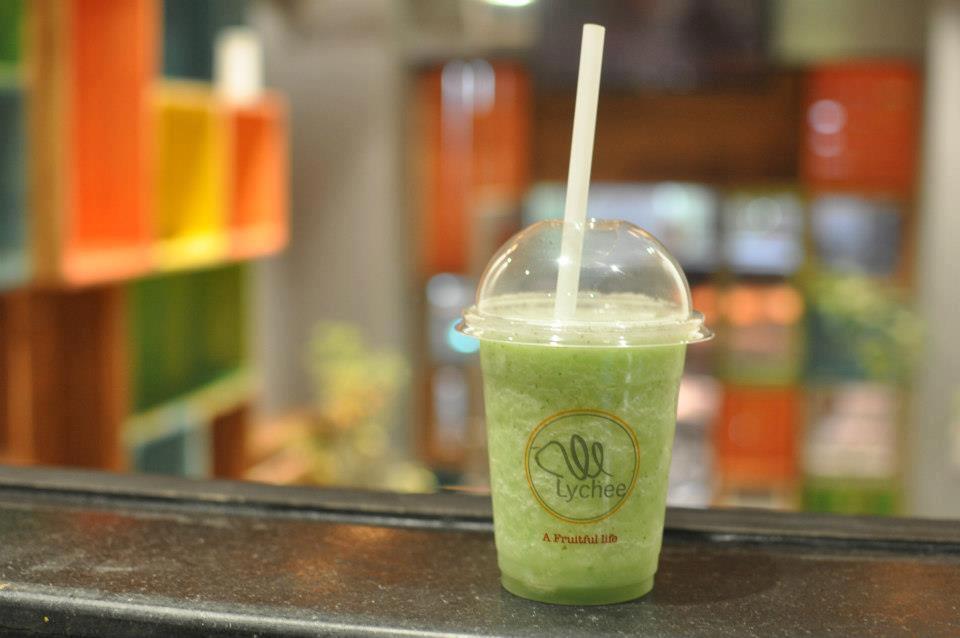The Food Export Council aims to achieve a growth rate of 15% per year until 2020 to reach $3.141bn at the end of 2017, up from $2.732bn in 2016.
Head of the council Hani Berzi described the sector as one of the most important for exports, with 13% of Egypt’s sheer export volume last year.
He explained, in an interview with Al Borsa, that the success of food exports last year is a major indicator, noting that the availability of raw materials, including vegetables and fruits, is a major factor in this success.
He added that the favourable weather conditions in Egypt contribute to the provision of production inputs and secures the availability of livestock, enabling the sector to provide meat and dairy products to the industry.
The food industry is considered a labour-intensive sector, where an estimated number of 321,000 workers were employed in 2015. The sector also does not require a large amount of capital.
Berzi said that there were 4,029 food industry establishments in 2015, with investments reaching EGP 98.5bn and output production estimated at EGP 173.3bn per year.
He added that the availability of means of transport as well as ports for imports and exports play a big role in achieving high growth rates.
Berzi noted that the flotation of the pound contributed to raising the value of exports to $240m in December 2016, up by 11% from $217m in December 2015, even though the size of exports dropped by 25%. The size of exports registered 233,000 tonnes in December 2016, down from 308,000 tonnes in 2015.
He explained that Arab markets account for the largest part of the sector’s exports with 66% of all exports, valued at $1.780bn, followed by African countries with a share of $306m. The European Union countries come third with $273m, then the United States with $91m, and the rest of the world accounts for $273m.
Moreover, he said that Saudi Arabia is the largest importer of Egyptian food products in the Gulf, alone accounting for $334m in 2016, representing 54% of total food exports to the Gulf. The United Arab Emirates (UAE) follows with imports of $115m, accounting for 19% of Egyptian food exports to the Gulf.




